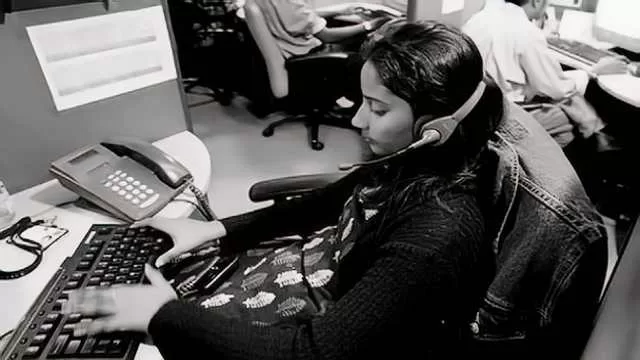When the telephone rings and a woman named Kristine introduces herself, claiming to be from Microsoft, it might sound believable at first. However, her heavy Indian accent raised my suspicions. Kristine informed me about a supposed security risk posed by my computer, even though I consider myself quite tech-savvy and keep all my anti-virus, firewall, and malware alerts up to date. Still, since she claimed to be from Microsoft, I decided to hear her out.
The Scripted Routine
Kristine guided me through a series of steps to fix these alleged security issues. She asked me to look for the Windows symbol at the bottom left of my screen, which she referred to as the “Start button.” Despite her slip, I followed her instructions out of curiosity. She directed me to click on “My Computer” or “Computer,” right-click to select “Manage,” and then open “Event Viewer.”
The Deceptive Display
As Kristine walked me through the process, she asked me to navigate to “Custom Views” and select “Administrative Events.” The screen filled with alarming red exclamation marks and yellow triangles, all indicating Errors and Warnings. It looked terrifying, but I knew better. She claimed she could help me remove these issues if I downloaded a special program from her website.
The Real Danger
Downloading Kristine’s program would give her complete control over my computer. This meant she could access all my folders, read my files, install malicious software, and steal any personal information she desired. She could potentially access my financial details and personal data, leading to identity theft.
Recognizing the Scam
This scam isn’t new; it has been around for years and has resurfaced. Many people fall for it and end up paying scammers like Kristine for bogus services, ranging from a few dollars to thousands of pounds. If the scammers can’t find your credit card details on your computer, they might ask for them directly.
Staying Safe
To protect yourself, never allow anyone to take remote control of your computer. Here are some steps to avoid falling victim to such scams:
- Verify the Caller: If someone claims to be from a reputable company, hang up and call the company directly using an official number.
- Do Not Download Unverified Programs: Only download software from trusted sources.
- Educate Your Friends and Family: Make sure they are aware of these scams and know how to handle suspicious calls.
Reporting the Scam
If you encounter a scam like this, report it immediately. Use resources like caller ID (dialing 1471 in some regions) to identify the number and search online to see if others have reported similar experiences. In my case, Kristine called from 0020632134567, a number flagged by others as suspicious.
Conclusion
Scammers like Kristine prey on people’s fears and lack of technical knowledge. By staying informed and cautious, you can protect yourself and your loved ones from falling victim to these deceitful tactics. Remember, legitimate companies will never ask for remote access to your computer without prior verification. Stay vigilant, and don’t let anyone take advantage of your trust.

